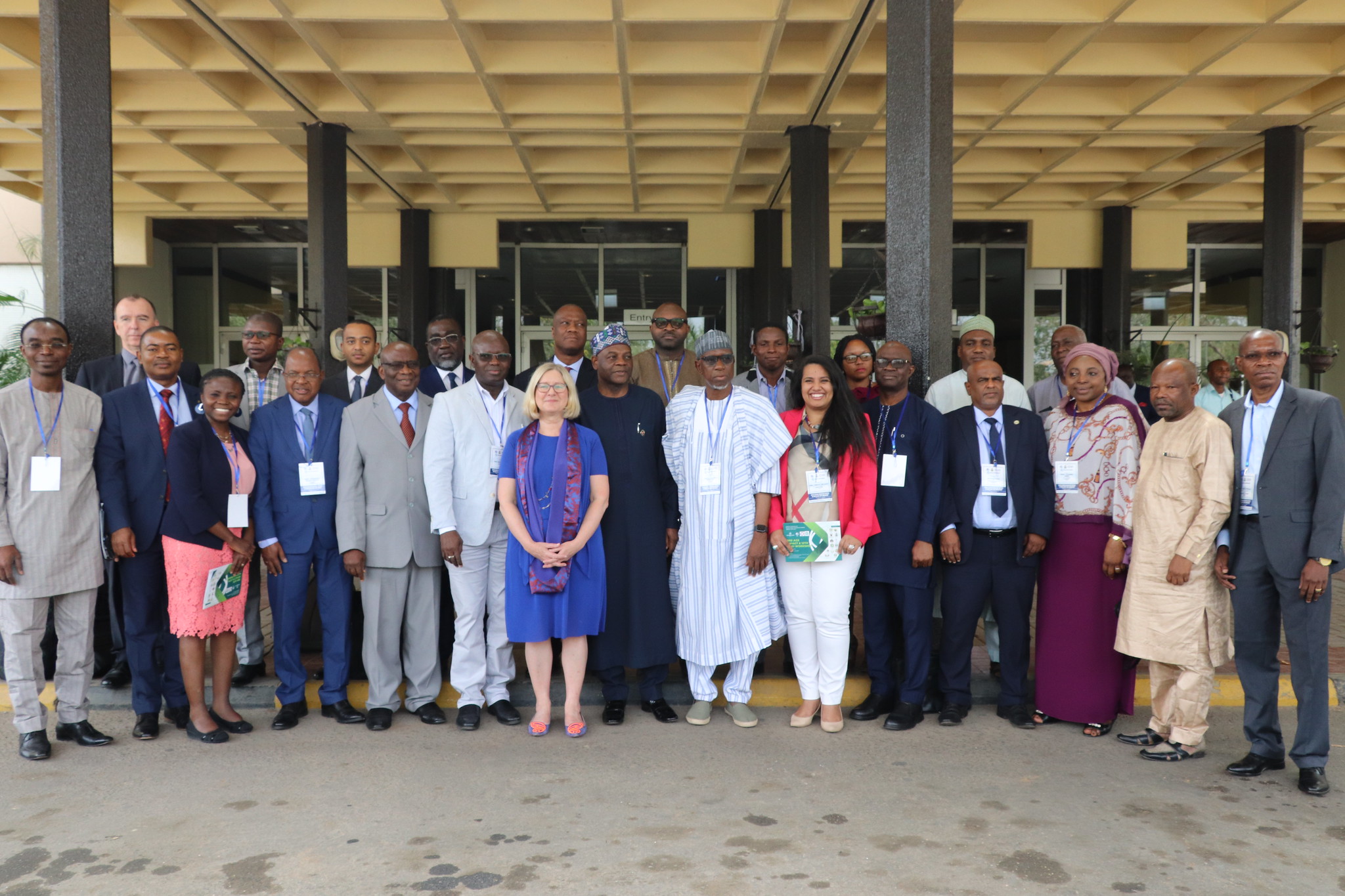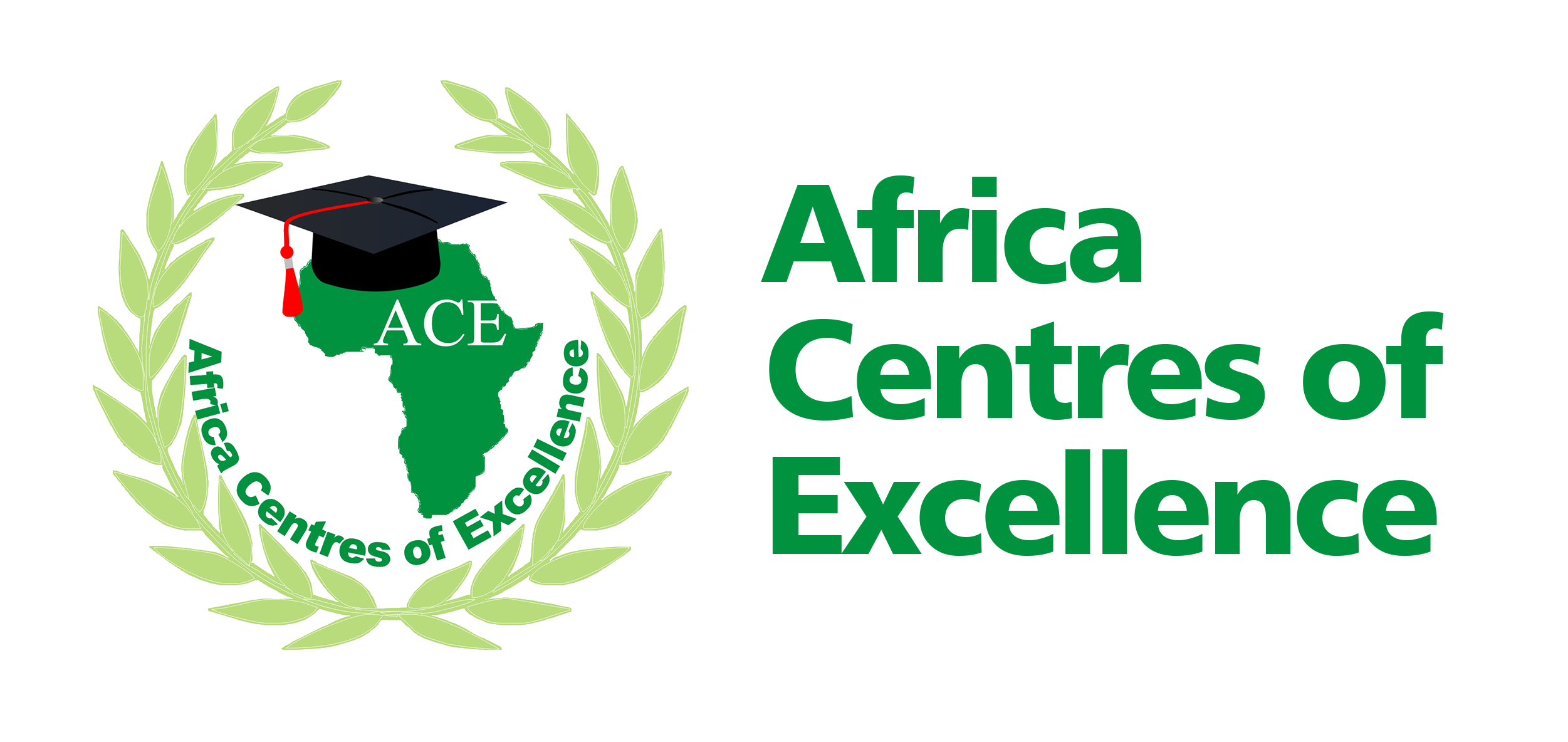The Gains
By focusing on areas that address specific regional developmental challenges and strengthening the capacities of participating universities, the ACE Project, from inception, aimed to promote regional specialisation amongst participating countries. It was launched in 2013 by the governments of the eight participating countries and became effective in Nigeria in 2015, following a few teething challenges. These challenges were addressed and, following Project effectiveness, the Nigerian ACEs hit the ground, running.
Mindful of the importance of publications in the global ranking of universities, the Nigerian ACEs have been committed to publishing in internationally-recognised journals and can, so far, boast of 1,861 such publications.

In keeping with Project expectations, several significant results were achieved by the Nigerian. From the enrolment of international students in participating universities -a feat which no Nigerian institution of higher learning had achieved in over 20 years before the ACE Project- to involvement in ground-breaking research and innovations. By 2020, the 10 Nigerian ACEs had enrolled 808 regional students, drawn from countries such as The Gambia, Kenya, Malawi, Rwanda, Liberia, Sudan, and Mali, among others. Of this number, 197 are female. National students accounted for 4,236 of a total student enrolment of 12,024. These 12,024 students are spread across PhD and MSc programmes as well as short courses in the Centres. The ACEs have also graduated 1,808 and 189 students from various MSc and PhD programmes, respectively, bringing the total number of graduates from the 10 Centres to 1,997.
In 2017, all 10 ACEs applied to have their programmes accredited, in line with Project DLIs, and out of the 82 programmes presented for accreditation to the National Universities Commission (NUC), 79 were cleared. This set the stage for the Centres to pursue international accreditation, as part of efforts to gain global recognition and ensure the internationalisation of their programmes. Academic programmes in the Centres were thoroughly evaluated by three reputable accrediting agencies in Europe, namely Agency for Quality Assurance through Accreditation of Study Programmes (AQAS), in Germany, High Council for Evaluation of Research and Higher Education (Hcéres), in France, and Agency for Public Health Education Accreditation (APHEA), in Belgium. Thirty-five MSc and PhD programmes across the 10 ACEs obtained international accreditation and the University of Benin gained institutional accreditation from APHEA.
Most recently, following the outbreak of the COVID-19 pandemic, a good number of the ACEs, particularly those in the health thematic area, were involved in various activities to help stem the spread of the coronavirus. These interventions ranged from the production of soaps, hand sanitisers and other personal protection equipment, to the provision of public testing services and the sequencing of the SARS-CoV-2 genome.
The Project boasts of over 180 strong local and international industry and institutional partnerships which continue to yield positive results in terms of revenue generation, infrastructural and faculty development. More than 2,300 students have undergone internships in relevant industry sectors, as a means of ensuring that graduates are relevant to national needs.
The ACE Project was the first results-based project of the World Bank, which meant that beyond the first tranche of funds to the Centres, subsequent funds were earned, following the achievement of Project DLIs. By February 2020, the ACEs had, among them, earned a total of USD58,524,654.57, from meeting the various Project DLIs. In addition to these funds, the Centres have been able to generate NGN1,072,748,291.79, USD30,199,789.97, EUR40,000, and GBP2,070,800. This internally generated revenue will serve to guarantee Project sustainability beyond the expiration of World Bank funds.
Other major achievements include the spearheading of the containment of the Ebolavirus outbreak in 2014, by the Centre for Genomics of Infectious Diseases (ACEGID) in Redeemer’s University, and the subsequent development of a 10-minute testing kit for both the Ebola and Lassa Fever viruses. The Centre for Phytomedicine Research and Development (ACEPRD) in the University of Jos developed the anti-snake venom vaccine, known as COVIP-Plus and many other Centres established laboratories with state-of-the-art facilities. This is in addition to the enhancement of teaching and learning facilities and processes across all the ACEs.
Despite its initial setbacks, the ACE Project has recorded phenomenal successes. It is no surprise, therefore, that at the expiration of the Project lifespan, in 2020, seven of the 10 ACEs made it to the third phase of the Project, tagged Africa Centre of Excellence for Development Impact, (ACE Impact), which is aimed at consolidating on the gains of ACE 1.
